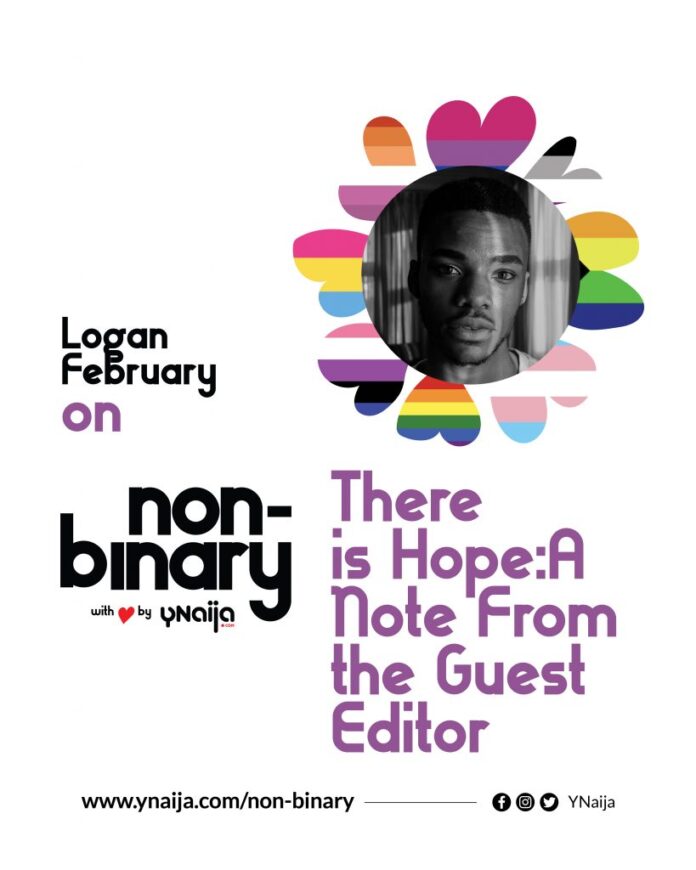For much of our recent past, the year 2020 was held as a symbol of futurism in collective imagination. We had various visions for this era: where the world would be, what human rights would be afforded to us all, what technology would have made possible by now, etc. We remember—or we forget—what our answers were, back in 2015, to that ubiquitous question in yearbooks and job interviews: where do you see yourself in five years?
Well, that future is here, now. None of us could have predicted the reality we have been thrust into in 2020. Living through what is arguably the gravest and most urgent crisis of an entire generation, we have been forced to re-examine our power as a species, to return our plans to their drawing boards. All our tools of prediction have fallen short; many religious leaders have taken on tones of desperation and alarm; anxiety looms at the edge of things. Physical touch has become a subject of real risk, and social distancing is the order of the day. And yet, as a society, we are more connected than ever before. The internet allows us to watch the same live-streams, participate in TikTok challenges, share coping mechanisms, observe the protests and rising death tolls worldwide.
Across cities and countries, many different steps are being taken to keep the devastation under control, often involving varying degrees of lockdown, curfew and quarantine. There are talks of cabin fever, of isolation and agoraphobia, of hypoxia from wearing face masks for extended periods; the psychological and physical effects of stewing in the same air for too long. And so, one begins to think about carceral states of living. About those people who are isolated with violent partners, abusive parents, or homophobic families. About those people who have spent significant fractions of their lives in inhumane prison systems, with or without justification, with or without trial or a fair hearing. In Nigeria, for instance, the Same-Sex Marriage (Prohibition) Act (SSMPA) is a law that persecutes LGBTQIA-identified and -allied individuals with up to 14 years of prison time, in addition to violating their human dignities and freedoms, and exposing them to various forms of abuse from myriad directions, all with few to no legal protections whatsoever.
Such people, victims of faulty and biased systems, are who come to mind when the relational line is drawn between realities of lockdown and incarceration. Ideas of collective risk and global crisis take on a different texture for those whose “normal” daily lives are haunted by personal risk, who lack safety and suffer oppression on the basis of intrinsic identity and self-expression. As the Nigerian novelist and video artist Akwaeke Emezi recently said to Entertainment Weekly, in a round-table discussion about queer literature in the time of the COVID-19 pandemic, “if your default is ‘the world is a safe space,’ it affects how you see situations like this.”
In the face of a pandemic for which there exists no cure or vaccine, our proximity to “safe” is being challenged, regardless of identity, status, age and faith. It is human nature, when faced with an unbearable present, to look towards the future for solace. We say, “I can’t wait until I can travel again; I can’t wait until I can hug my cousins and have lunch with my friends again.” And yet, we wait, at a loss for what to do. In that apocalyptic interim, hope is what tides us over. Hope is that lifeboat that carries us towards the future. Knowing that collective threats are best remedied by collective safeties and freedoms, it serves us better, when thinking of the future, to consider the disadvantaged, the poor, and the oppressed. We must ask: after this, what world can a queer Nigerian hope to go forward into? And wholly, as a nation, where do we go from here?
It is no secret that the legislative and judicial systems are skewed against the common people of Nigeria. In recent months, there have been clamors against authoritarian bills designed to censor Nigerians and limit our expressions through social media. We know well enough of the scourge of corrupt military and police brutalities that Nigerian youths have been subjected to, often fatally. Even now, in the era of the COVID-19 pandemic, an oppressive Infectious Diseases Bill (most of which was plagiarized from Singapore’s fascist-era Infectious Disease Act of 1977) is being put forward, in place of dynamic and timely responses to the pandemic. To put it simply, none of our human rights are safe under the law. Nigeria oppresses us all.
The difference, when it comes to the queer antagonism of Nigerian law, is that it is institutionalized and legitimized for a distracting, sensational purpose. Failed governments target an easy minority, capitalizing on the prejudice and bias of a highly religious population, to give the illusion that society is being improved. Yet our infrastructural and socioeconomic growth progresses at a snail’s pace, at times even regressing. Our national reputation dwindles by the day. We are being sold a myth, and that myth will not save us. Not in this crisis, and not ever.
If we want positive change and radical growth, we must go towards it together. To suppress and sideline queer voices is a waste of our collective power. Although the queer community in Nigeria is a minority, it is one that easily numbers in the millions, judging from our status as the most populous African nation. And yet, there is that other myth, that queerness is an “un-African concept,” as if the diversity of animal and human sexuality could be isolated to any one geographical origin. Even if that hypothesis were to hold any water, much of queer-antagonistic bias in Nigerian culture remains intimately tied to religious beliefs. Ours is one of the world’s most religious countries, boasting huge populations of Christians and Muslims, and being the only nation ranked among the top ten largest populations of both respective religions. Both of these are faiths with origins in the Middle East, neither of them indigenous to West Africa. So, if over 90 million Nigerians are free to practise Islam, and over 86 million Nigerians accepted as Christian, this so-called “un-Africanness” is a non-issue. It cannot be taken as a legitimate reason for millions of Nigerians to be oppressed and denied their own liberties, on the basis of gender identity and sexual orientation.
So then, how does one break a myth? One sheds light. Visibility is a theme that has been stressed by LGBTQIA activists and allies around the world, in every fight for our rights and equality. This is because invisibility poses an unnatural disaster: to live in a carceral state, as if erased; to suffer in silence, having the voice snatched from the lungs. There arises the need for a small reprieve, some balm for such a tragedy.
While many other parts of the world would have had streets filled with queer people parading, celebrating themselves joyfully, even if only for this Pride month, Nigeria’s LGBTQIA population would have remained stuck in the same regressive and repressed rut. But everything is different now, struck as we have been by the absurd chaos of global calamity. No one can go anywhere.
So, while we share this virtual community, as we re-examine and re-imagine the worlds we live in, I am glad to present There is Hope, a multimedia series that explores the simple and complex nuances of gender and sexual diversity in Nigeria. It features stories of Nigerians who are just like you, or a little different from you, or very different from you. It offers critical and analytical engagement of our social realities, our inequalities, our communities, and our places in history and culture. We have essays, interviews and conversations from writers, activists, feminists, artists and academics. The goal is to share this special part of Nigerian life which has been swept into the shadows for too long.
The series aims to illuminate and enlighten; to take stock of the journey so far; to think towards a future of collective liberty; to demystify the complicated phenomena and numerous terminologies; and to break the myths that queer people have been “erased” from, or do not belong in Nigeria. Because we are here; we have always been here. And we exist, too, in every vision of the future of this country.





